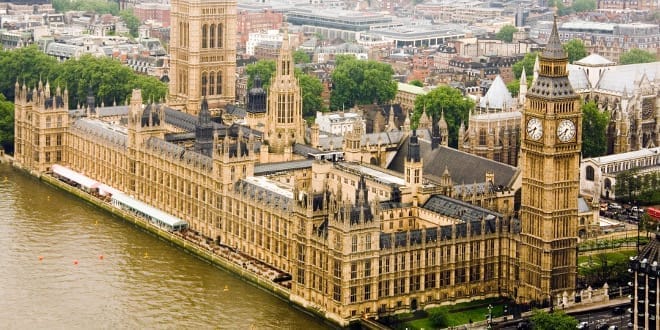The British House of Commons has passed the Investigatory Powers Bill, with support from the Conservative Party and the Labour Party. MPs from the Scottish National Party and other smaller parties voted against the bill. The bill grants broad powers to law enforcement to implement mass surveillance and hack into computers for the purposes of criminal investigations. Much of what is authorized by the bill was already being done by law enforcement agencies, this bill just grants them explicit permission to continue their operations.
Despite some major privacy concerns raised by the bill, it didn't turn out quite as bad as it was originally drafted. Pressure from tech companies lead to some changes before the bill was voted on. In the original bill, companies who implement encryption must be able remove that encryption if served with a court order. It would have required all companies offering encrypted services to put in back doors in order to comply. However, the amended version of the bill only requires companies to remove encryption if it is technically feasible and not exceedingly expensive to do so. Companies like Apple, who are taking steps to ensure that even they can't break their own encryption, would seem to be in the clear under the amended bill. Ultimately, it will be up the courts to determine if Apple is obligated to obey a decryption order or not.
Another change to the bill requires the government to reimburse companies to cover the cost of complying with the obligations of the bill. One of these obligations is that ISPs must retain records of all websites their customers visit for a year.
Even with these changes, privacy advocates still oppose the bill. Shami Chakrabarti, the director of the civil rights group Liberty, criticized the amended bill by stating, "Minor botox has not fixed this bill." However, interior minister Theresa May slammed critics of the bill and stated that the bill has faced "unprecedented" scrutiny. "It provides far greater transparency, overhauled safeguards and adds protections for privacy and introduces a new and world-leading oversight regime," May told parliament.
The bill now goes to the House of Lords for consideration. It is expected that the Lords will vote on the bill in the fall, and if they approve it, the bill will go into effect in January 2017.
Are the changes to the bill sufficient to address privacy concerns, or is the bill still a violation of privacy rights? Leave your comments below.







